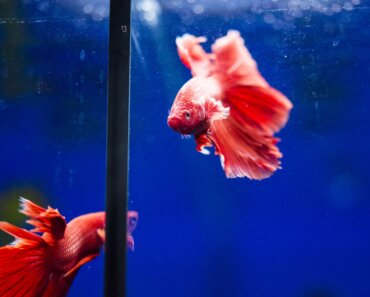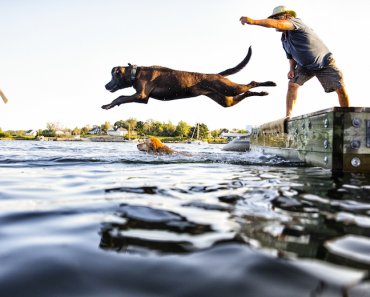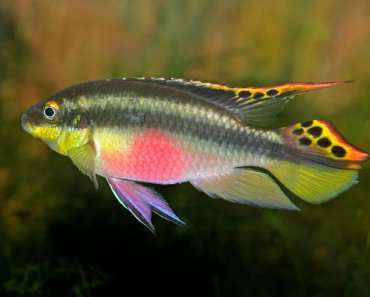For original article click here
Owning a pet is a privilege and should result in a mutually beneficial relationship. The benefits of pet ownership come with responsibilities. These include:
- Lifelong care of the pet. This means committing to the relationship for your pet’s entire life.
- Selecting a pet that is suited to your home and lifestyle and avoiding impulsive decisions.
- Recognizing that owning a pet(s) requires an investment of time and money.
- Keeping only the type and number of pets for which you can provide an appropriate and safe environment. This includes appropriate food, water, shelter, health care and companionship.
- Animals that spend extended periods of time outside require habitats that protect their health, safety, and welfare. Outdoor confinement of an animal should include provisions to minimize distress or discomfort to the animal, and assure access to appropriate food, water, and shelter from extreme weather conditions.
- Ensuring pets are properly identified (i.e., tags, microchips, or tattoos) and that their registration information in associated databases is kept up-to-date
- Adhering to local ordinances, including licensing and leash requirements.
- Helping to manage overpopulation by controlling your pet(s)’ reproduction through managed breeding, containment, or spay/neuter. Establishing and maintaining a veterinarian-client-patient relationship.
- Providing preventive (e.g., vaccinations, parasite control) and therapeutic health care for the life of your pet(s) in consultation with, and as recommended by, your veterinarian.
- Socialization and appropriate training for your pet(s) to facilitate their well-being and the well-being of other animals and people.
- Preventing your pet(s) from negatively impacting other people, animals and the environment. This includes proper waste disposal, noise control, and not allowing pet(s) to stray or become feral.
- Providing exercise and mental stimulation appropriate to your pet(s)’ age, breed, and health status.
- Include your pets in your planning for an emergency or disaster, including assembling an evacuation kit.
- Making arrangements for the care of your pet when or if you are unable to do so.
- Recognizing declines in your pet(s)’ quality of life and making decisions in consultation with your veterinarian regarding appropriate end-of-life care (e.g., palliative care, hospice, euthanasia).
Additional Resources:
Pet Ownership brochure
Responsible Pet Ownership flyers (pdf)
- In English
- In Spanish


























